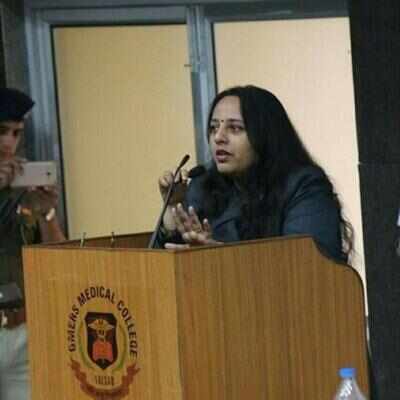The controversy over territorial jurisdiction of the Sushant Singh Rajput case is over, but it may arise again when the final report is placed in court as the Supreme Court did not resolve the dispute arising out of the claims of the two States. However, it took cognisance of the fact that in future, if commission of a cognisable offence is determined, “the possibility of parallel investigation by the Mumbai police cannot be ruled out”.
The Supreme Court did not give due weightage to the death having taken place in the jurisdiction of the Bandra Police, and that inquiry had made substantial progress. More importance was given to the FIR recorded on a statement which was not “first in time” and was also delayed. But these can be questioned only at the trial stage. In fact, the Court adjudicated only on technical grounds.
First, an inquiry
In case of a suicide, unless the victim leaves behind a suicide note alleging that someone was responsible, registration of a case of abetment to suicide is mostly preceded by an inquiry. Taking advantage of the provisions of the Criminal Procedure Code (CrPC) which allow more than one court, and thereby more than one police station, to have jurisdiction, the Patna Police directly registered a case of abetment to suicide along with sections pertaining to criminal breach of trust, cheating and defalcation of money. In this case, the main objective is to unravel the cause of death; all other transactions relating to it are secondary.
The purpose of law to allow more than one court or police station to exercise jurisdiction is not to permit two agencies to inquire into the same incident simultaneously. It only intends that either of the two or both or more could take cognisance in case part of an offence is committed under their jurisdiction. The difference between inquiry into the ‘cause of death’ under Section 174 of the CrPC and investigation into an offence cannot be exploited in favour of the latter just because ‘the cause of death’ is not ascertained. Courts must rise to make this distinction irrelevant when investigation is generally preceded by such an inquiry.
The Indian Police are often questioned for not registering FIRs despite being well equipped with information disclosing an offence and having territorial jurisdiction over the case. Under such circumstances, the police of the two States fighting over jurisdiction of a case raises moral questions. A cognisable offence is registered so that it can be taken to its logical conclusion. If an agency is ready to transfer a case almost immediately after registration to another, its intention could be questioned.
The matter of jurisdiction
It is a settled law that if an offence is disclosed, the court will not normally interfere with an investigation and the matter of rightful jurisdiction will be decided only when the final report is submitted in the court. However, when an inquiry into the cause of death is pending, registration of a direct cognisable case with regard to the same incident at any other place may defeat the whole objective of having the rightful jurisdiction under the CrPC. Though the Supreme Court, in Lalita Kumari (2013), directed that the registration of an FIR is mandatory, each police station has its own notified territorial area to ascertain the actual cause of action of any offence or incident. When it is clearly known that some other police authority who has rightful jurisdiction is already inquiring into the cause of death to ascertain abetment to suicide, the law need not be exploited to debar that agency only on technical grounds.
The statement of Rajput’s father was first recorded by the Mumbai Police, which did not disclose commission of any cognisable offence. If he had received any additional piece of information disclosing any cognisable offence, either he or the Patna Police (with FIR at zero) should have handed over the same to the Mumbai Police. But this was not done. The issue of territorial jurisdiction must be resolved at an appropriate time.
R.K. Vij is a senior IPS officer in Chhattisgarh. Views are his own


